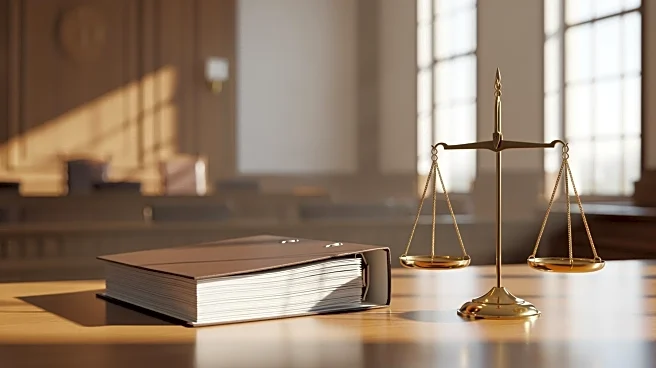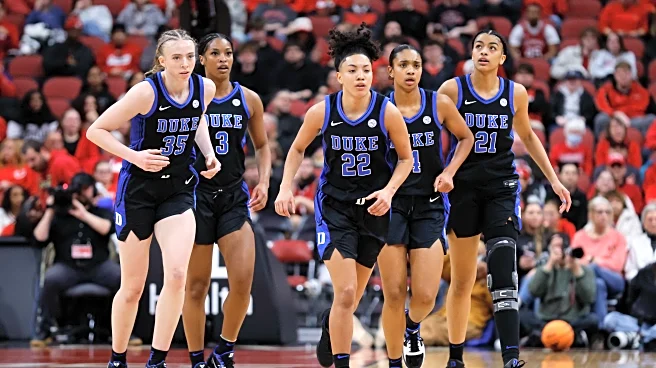Rapid Read • 7 min read
Teddy Bridgewater, the new quarterback for the Tampa Bay Buccaneers, publicly addressed his recent suspension from coaching at Miami Northwestern High School during a training camp session. Bridgewater was suspended for providing what were deemed impermissible benefits to his players, including meals, clothing, and transportation. He explained that his actions were motivated by a desire to protect and support the students, many of whom come from economically disadvantaged backgrounds. Bridgewater emphasized his personal connection to the community, having grown up in similar circumstances and understanding the challenges faced by the students.
AD
Bridgewater's suspension highlights the complexities of supporting student-athletes in underprivileged areas. His actions, while well-intentioned, raise questions about the rules governing high school sports and the resources available to students in economically challenged neighborhoods. The incident underscores the need for a balance between adhering to regulations and addressing the real-world needs of students. Bridgewater's commitment to his community and his role as a professional athlete may inspire discussions on how to better support youth in similar situations across the U.S.
Bridgewater plans to continue supporting his former players and community, despite the suspension. His involvement with the Buccaneers may provide additional opportunities to advocate for change and inspire young athletes. The situation may prompt discussions among educational and sports organizations about revising policies to better accommodate the needs of students in disadvantaged areas. Stakeholders, including school administrators and sports regulators, may need to consider how to balance rules with the realities faced by students.
Bridgewater's story sheds light on the broader issue of economic disparity in education and sports. It raises ethical questions about the responsibilities of athletes and coaches in supporting their communities. The incident may lead to a reevaluation of how schools and sports programs address the needs of students from low-income families, potentially influencing long-term policy changes.
AD
More Stories You Might Enjoy













